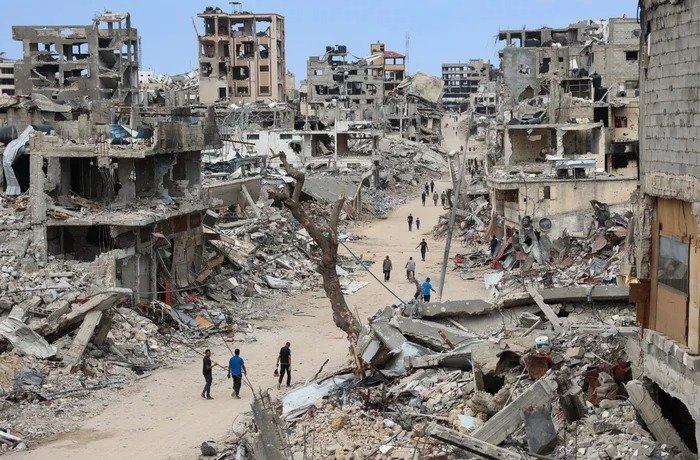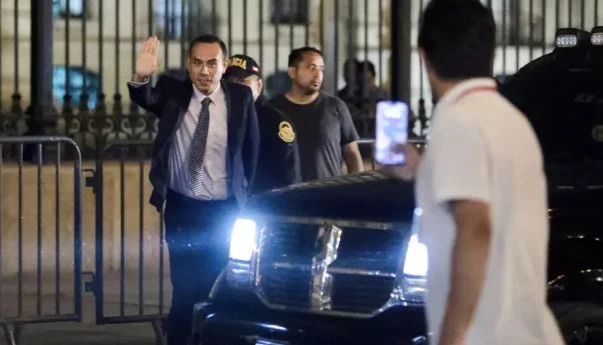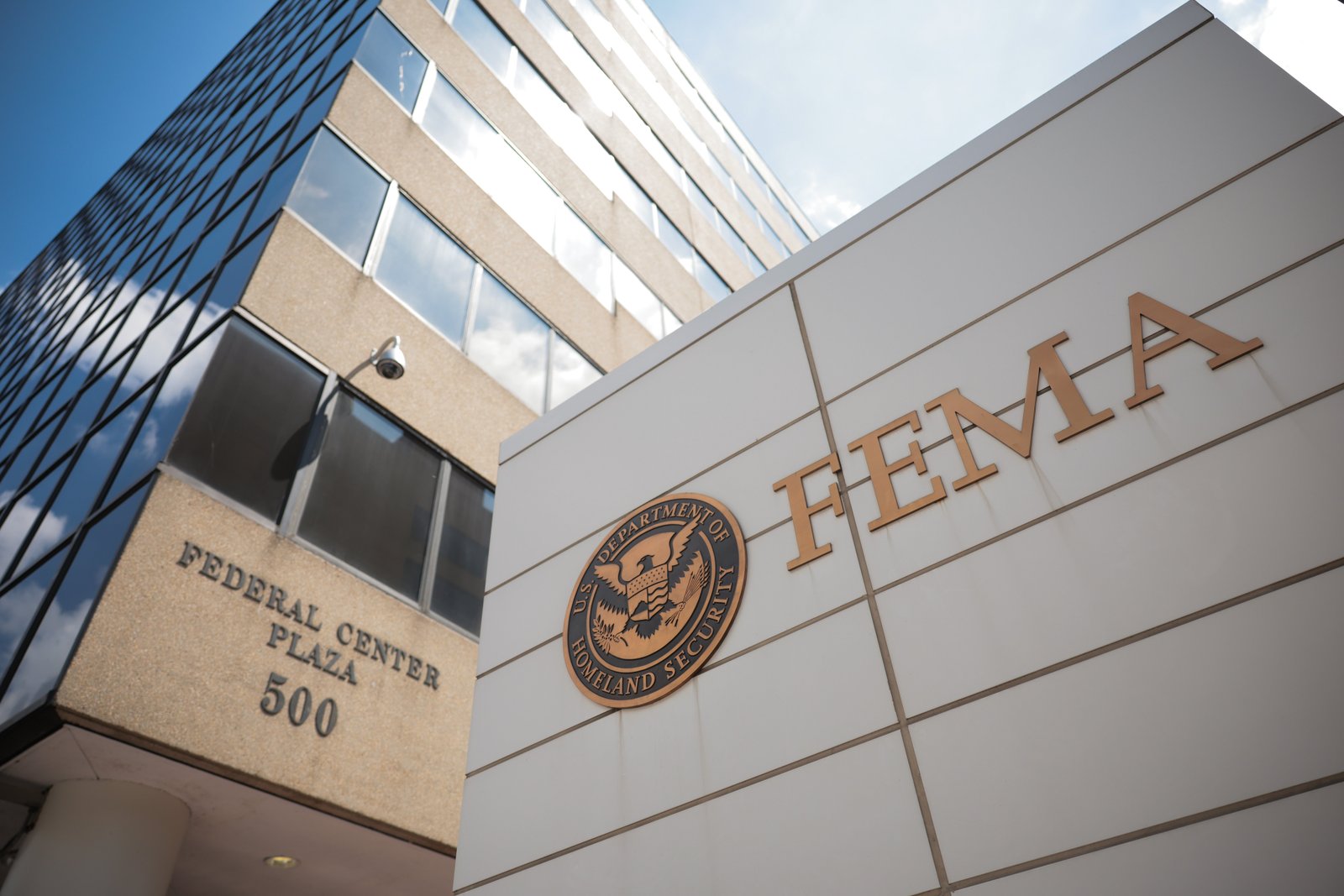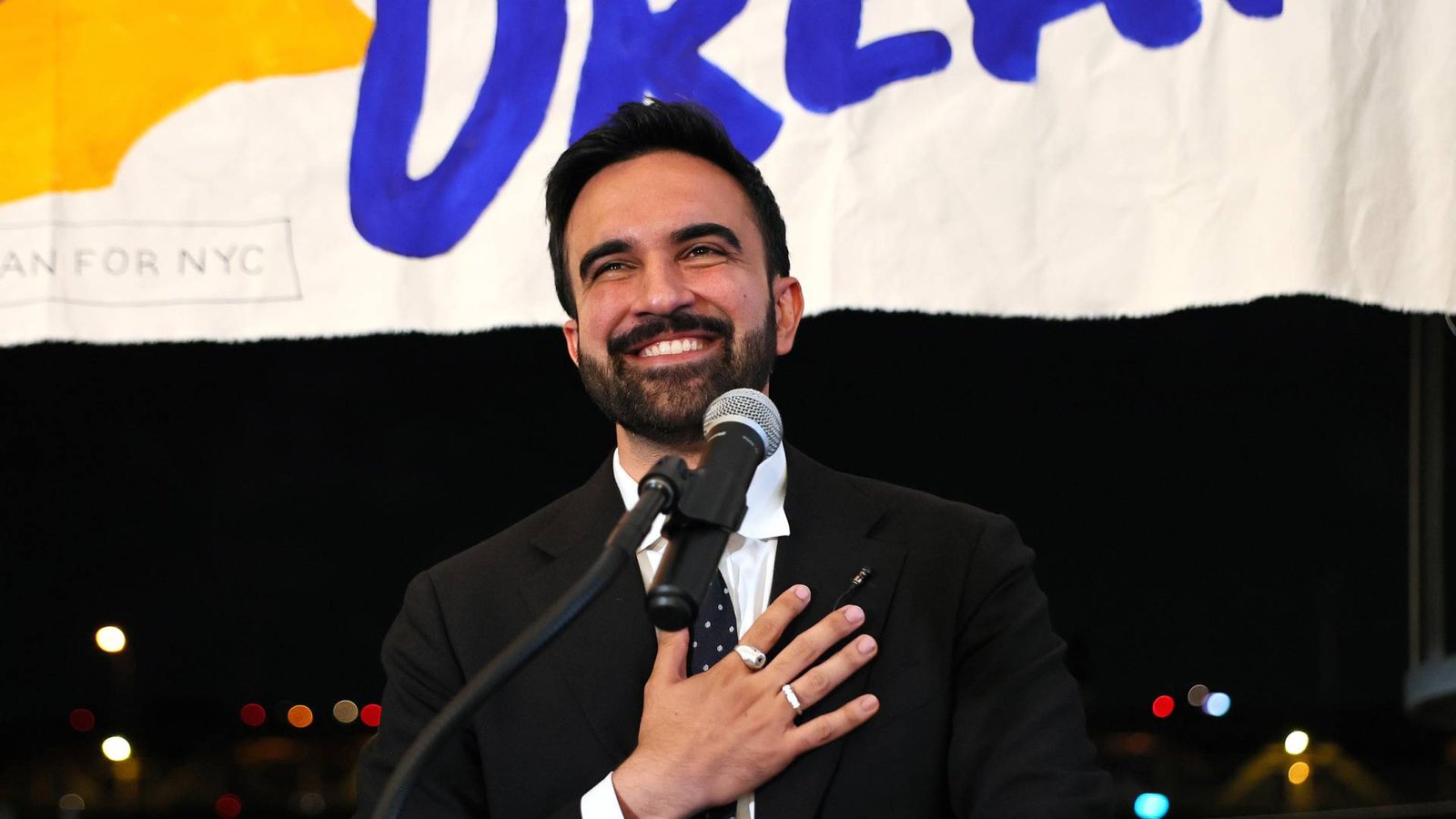The Gaza war entered another deadly phase on Sunday as Israeli strikes leveled a high-rise building in northern Gaza and killed at least 12 Palestinians, hours after U.S. Secretary of State Marco Rubio arrived in Israel for high-level talks. His two-day visit underscores Washington’s challenge in balancing support for Israel with global outrage over civilian casualties and strained relations with regional allies.
Rubio, who traveled to Israel after meeting with Qatari leaders alongside President Donald Trump, said his focus would be on understanding Israel’s strategy in Gaza following last week’s controversial strike in Doha that targeted Hamas operatives. That attack, which killed several senior figures, drew sharp international condemnation and angered the U.S. president, who publicly criticized Israeli Prime Minister Benjamin Netanyahu for not notifying Washington in advance.
The fallout has further complicated efforts to broker a ceasefire and negotiate the release of hostages. The Doha operation effectively derailed what had been fragile talks mediated by Qatar and Egypt, with hopes of progress at the upcoming United Nations General Assembly now hanging in the balance. The UN is preparing for a contentious debate this week over recognition of a Palestinian state, an initiative Netanyahu fiercely opposes.
As diplomacy falters, the humanitarian toll in Gaza continues to rise. Local hospitals reported at least 13 more deaths and dozens wounded in multiple strikes across the strip on Sunday. Among the dead were six members of a single family in Deir al-Balah, including two parents, their three children, and an aunt. The family had fled their home in Beit Hanoun just days earlier, seeking refuge after earlier bombardments. Witnesses said an airstrike flattened the vehicle they were traveling in.
The Israeli military also destroyed the Kauther tower in Gaza City’s Rimal neighborhood, less than an hour after issuing an evacuation order. Residents described a scene of panic as families rushed out before the building collapsed into rubble. While there were no immediate casualties reported from the demolition, the destruction adds to the staggering number of displaced people. The United Nations estimates that nearly 90% of Gaza’s population of two million has been forced from their homes.
The humanitarian crisis is worsening as shortages of food and medicine intensify. Gaza’s Health Ministry reported Sunday that two more Palestinians died from starvation-related causes in the past 24 hours, raising the official toll from malnutrition to 277 since late June. Another 145 children have died of hunger-related conditions since the war began last October. Aid groups warn that famine is spreading rapidly as access to basic supplies remains severely restricted.
The Gaza war began on October 7, 2023, when Hamas-led militants launched a cross-border attack that killed 1,200 people in Israel, most of them civilians, and abducted 251 hostages. Israel says 48 hostages remain in Gaza, with around 20 believed to be alive. The retaliatory military campaign has since killed at least 64,803 Palestinians, according to the territory’s health ministry, which estimates that roughly half of the dead are women and children. Entire neighborhoods have been wiped out, leaving vast swaths of Gaza uninhabitable.
Rubio’s arrival in Israel highlights the Biden administration’s uneasy position. While Washington remains committed to Israel’s security, Trump’s open criticism of Netanyahu underscores widening fractures in the alliance. “We think it’s an unacceptable and dangerous development,” Rubio said before departing Washington, referring to the drone incidents in Poland earlier this week and the escalating regional instability. “But we need all the facts and will consult closely with our allies.”
As Israel presses ahead with its offensive and civilian suffering mounts, the Gaza war shows no signs of abating. With international pressure growing and the United Nations preparing to debate Palestinian statehood, the coming days could determine whether the conflict hardens into a prolonged standoff or whether diplomacy can revive fragile hopes for de-escalation.







